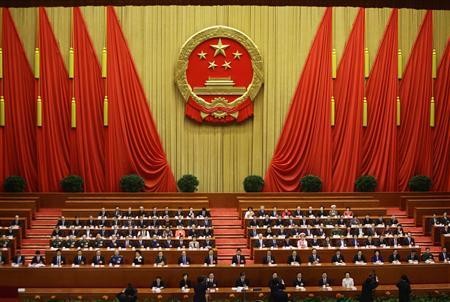According to the Beijing government's website, the third session of the 14th Beijing People's Congress (BPC), held on Jan. 23, 2015, is working toward a city without wholesale industry.
The BPC is reportedly implementing further actions to achieve this end over the course of 2015, with the closure of 300 manufacturing and small furniture enterprises.
However, the city's government will also channel new levels of investment into the future development of the city, as 1.03-billion-yuan (around $180 million) and 10.39-billion-yuan (around $1.8 billion) sums were confirmed during the meeting.
The former will go toward supporting industry and population initiatives throughout the counties and districts of the capital, while the second amount will be used to improve the shantytown areas in the city and newly built suburban communities.
The mayor of Beijing, Wang Anshun, informed the media:
"This year our focus is on the functions and industries that are against our strategic positioning. . . . Also, we'll strictly control our population. The industry organization will aid population control."
Environmental concerns are also at the forefront of the congress' 2015 agenda, as air pollution and traffic congestion have worsened in Beijing. In addition to the beneficial environmental impact that is expected from the investments in shantytown and suburban areas, the mayor stated that a "rational use of finance and taxation measures will lead to the elimination of low-end, low-efficiency and energy-wasting industries."
Beijing's industry organization and population regulation measures date back to the end of 2013. The following year, 392 general manufacturing and polluting enterprises, in addition to 36 commodity trading markets, were prohibited from operating in China's capital.



























